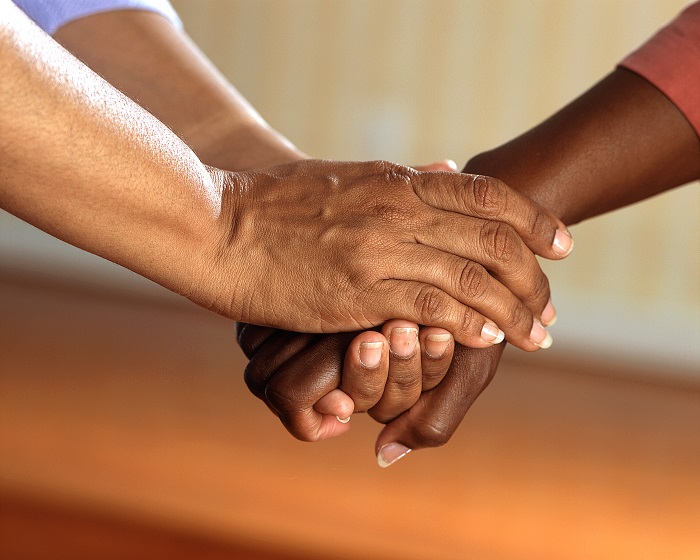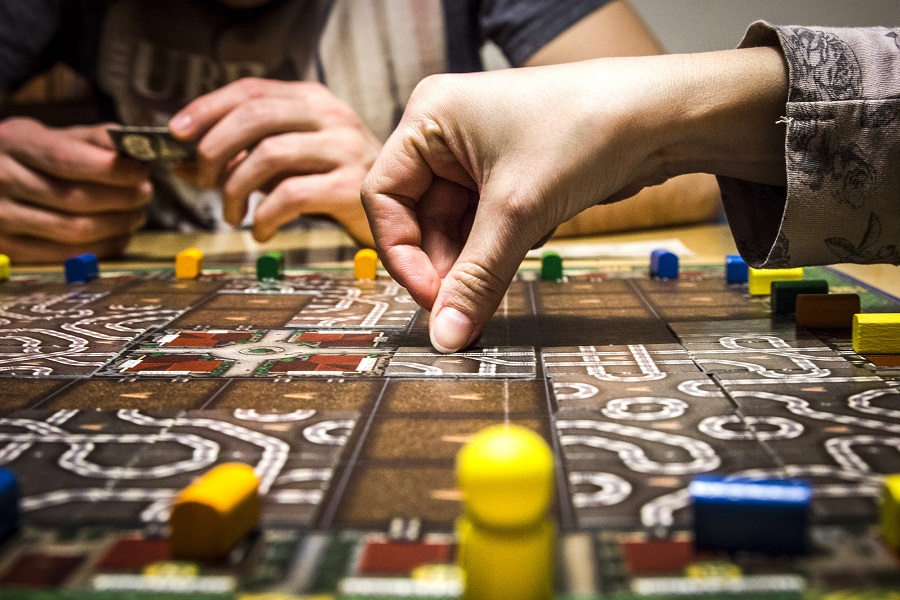“Some people come in our life as blessings. Some come in our life as lessons.” – Mother Teresa
If you died today, how would people remember you? As a blessing or a lesson? To be honest, I would probably be a blessing for some and a lesson for others. But I would like to become the type of person who is a blessing to everyone that I encounter.
We often don’t think about our effect on other people. We instead pay a lot of attention to how others are affecting us. But that shouldn’t be our focus. If we spent less time focusing on how others are treating us, and more time focusing on how we are treating others, what would our world look like? It would probably look a lot better than it does today.
There are many things that we can do to stop being lessons and start being blessings to others. Consider the following:
Stop Criticizing and Start Encouraging: A quick way to lose friends and alienate family members is to be critical. A good rule of thumb is this: Don’t criticize other people. Why? Because it just makes you look small and mean. And here is a news flash: No one is interested in your negative opinions anyway.
Another good rule of thumb is this: Compliment constantly. You should always be looking for nice things to say about other people. You want to be the kind of person who makes people feel good about themselves. There are a million ways to compliment another person. You can point out when someone does a good job. You can let someone know that you admire something about their appearance or a talent that they may have. You want to be the type of person who makes other people feel like a million bucks. Keep in mind the following quote by Maya Angelou in this regard: “At the end of the day people won’t remember what you said or did, they will remember how you made them feel.”
Always Say “Thank You”: It is important to thank every person who does something for you, regardless of your relationship to that person. So just because you’ve paid a waitress to serve you, that doesn’t mean you shouldn’t thank that person for bringing your food. Likewise, even if it is your child’s job to clear the table, that doesn’t mean you shouldn’t thank him or her for doing so. Why? Gratitude is the oil that smooths the gears of our personal relationships. When you thank people, they feel appreciated. And when you make someone feel appreciated, they in turn will want to be kind back to you.
Saying “thank you” is especially important in our family relationships. If you don’t say “thank you,” to family members who help you, you get the reputation of being a user. And pretty soon, no one will want to do anything for you. Sometimes in family relationships, we feel like we are owed something. For instance, some kids think that their parents “owe” them a college education, a lavish wedding or an inheritance. Quite honestly, after you turn 18, no one owes you anything. So if you have a family member who helps you, thank them.
Help by Anticipating Needs: If you know someone is going to have a need, fulfill it in advance. That shows a higher level of caring. For instance, let’s say you know someone who is going to college but has limited means. If you are able, buy that person a laptop. Or give them a gift certificate to their college bookstore to help defray the costs of their textbooks. Or let’s say you know a mom who is about to have a baby. After the baby is born, bring over some casseroles. Take food preparation of her “To Do List.” Or if you have the financial means, hire a housekeeper for the first three months that she has the baby at home. There are many ways that we can anticipate the needs of others and then try to fulfill those needs. Those types of gestures make people feel that they are not alone.
This week, take some time to honestly assess your effect on other people. If, by chance, you are being a “lesson” to someone, change how you are acting. Then focus on the many ways that you can bless others with positive words and caring deeds.
(Photo Courtesy of Pexels)


